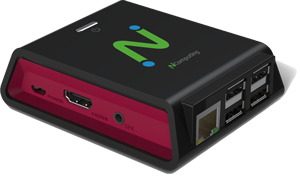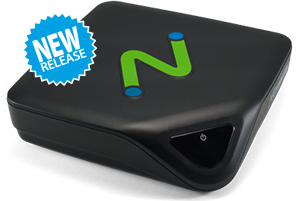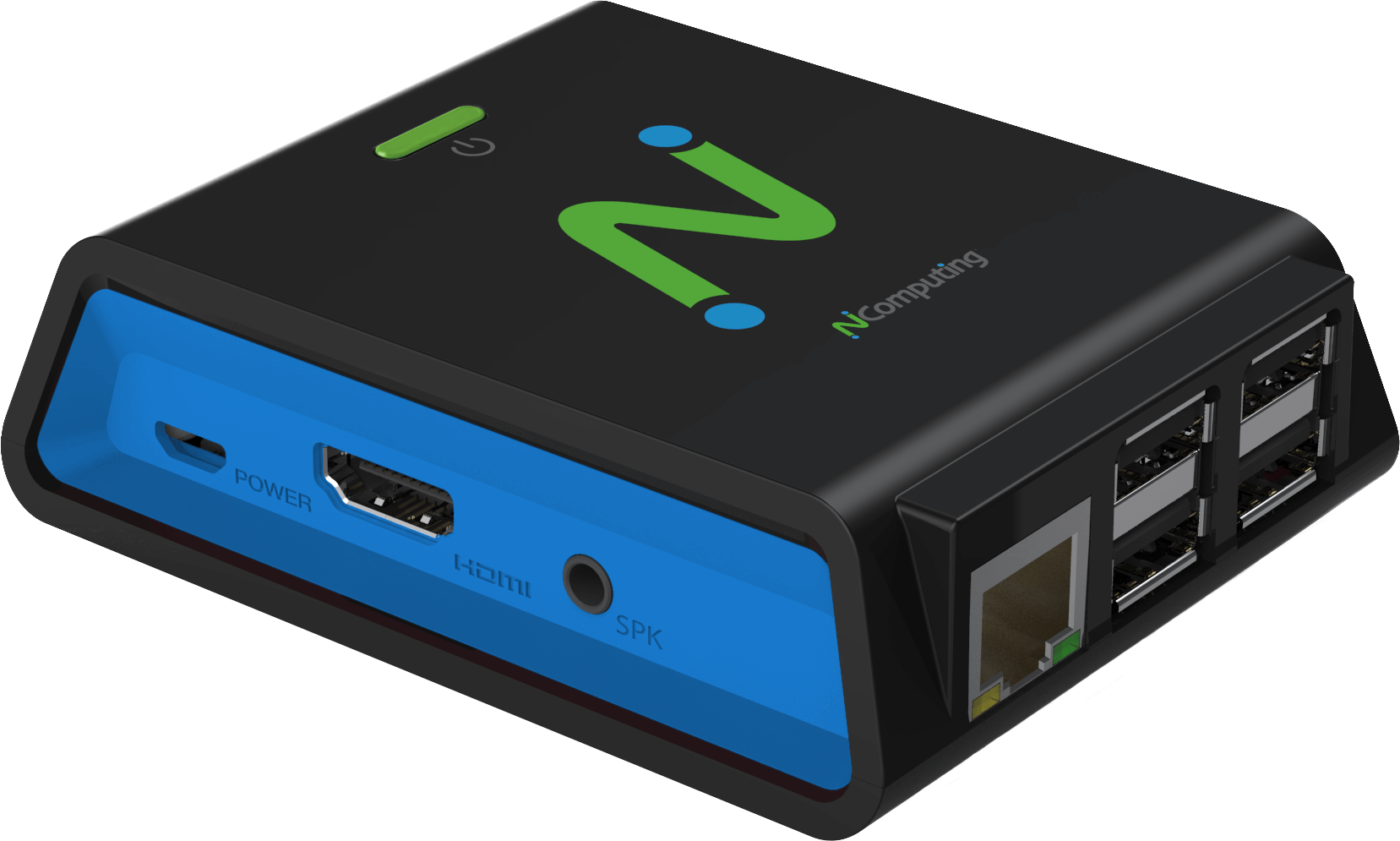Camden Students Gain Improved Accessibility
Serving approximately 1,000 students, the Camden School for Girls (CSG) is a comprehensive secondary school for girls in the London Borough of Camden in North London. The school’s co-educational sixth form offers a blend of academic courses with extracurricular activities as a means to involve everyone in taking an active part in the community. CSG has been rated as “outstanding” in its last three OFSTED inspections.
Next Generation Learning
The main challenge the CSG ICT department faced was finding a solution that would increase the lifetime of its IT assets while also offering significant benefits in terms of time, labour, and cost. In assessing solutions, the school considered both initial capital costs and on-going costs of maintenance, including energy costs. In common with many schools, CSG faced budget constraints and issues of aging PC desktops that, over time, would require constant upkeep and maintenance. As a result it became crucial for CSG to find a low cost and easy to manage solution that would be compatible with the schools existing computer architecture.

CSG’s new system is more efficient and easier to maintain.
Search for the Perfect Solution
CSG considered other traditional thin client solutions but found that many solutions were complex, requiring additional third party hardware components and additional investment in technical support. More importantly, as Clifford French, Head of ICT explains, “We wanted the school servers virtualized allowing them to be securely managed from the consoles of our ICT support staff. We also wanted the flexibility and ease of use to deploy new software and refine installations at any point in the day.”
After extensive product testing, CSG selected NComputing L300 Ethernet based access devices, and with the highest user density per pound sterling or dollar compared to any PC or thin client on the market, these provided the essential features needed for an excellent virtual desktop experience. In addition, the NComputing virtual desktops were compatible with existing applications, reliable, and easy to manage. Expensive IT support and maintenance would not be required to keep them running, which had been a former challenge for the school. The L300 also supports Windows MultiPoint Server 2011, a new Windows product that a taps in to the unused capacity from a single PC or server and simultaneously shares it with many users.
As Clifford French explains, “We were pleased with the simplicity of the NComputing and Windows MultiPoint Server solution and the fact that it required no new infrastructure.” To architect and implement the solution, CSG worked with Archie Santos at IT GB, an NComputing reseller to deploy host servers and 50 L300 access devices throughout the sixth form common study room area and English classrooms. Clifford French was very pleased to find that the solution could be used to replace some PCs used for school administration and management in offices located in different parts of the building; these run Office and the school’s information management system. An unexpected benefit is that if a member of staff accidentally switches off a thin client, it resumes with the same session, avoiding loss of data.
NComputing virtual desktops provide a more affordable and better desktop experience compared to other thin clients because of its proprietary software ( vSpace desktop management) and unified protocol (UXP) and hardware access devices. Today PCs are so powerful that the majority of applications only use a small fraction of the computer’s capacity. NComputing’s award-winning vSpaceTM Server provides each user with an individual rich multimedia computing experience. Each student’s monitor, keyboard, and mouse are connected to the shared PC through a small and very durable NComputing virtual desktop device. The access device itself has no CPU, memory, or moving parts—so it’s rugged, reliable, and easy to deploy and maintain.
Benefits
Since deploying NComputing virtual desktops, CSG has realised capital savings of 75% as well as reduced system maintenance and technical support. Since NComputing’s virtual desktops enables a single server (located centrally) to be shared by multiple users at the same time, students and teachers are granted remote computing access throughout the campus. By consolidating these hosts, applications can be managed in a secure environment from one central server. Fewer software installations or instances of a program means that upgrades, new software, virus checks, and other maintenance activities can be streamlined. In addition the combination of the L300 and Windows MultiPoint Server 2011 provides users with a rich, up-to-date desktop computing experience and since its interface is based upon Windows 7, users can use familiar features like folders, Internet Explorer, and Windows search. Power consumption and electricity costs have also been reduced by 50% as NComputing access devices use less energy than traditional PC desktops. Finally deployments are much faster as CSG can now deploy 50 terminal workstations in a matter of hours as only one host server and 50 NComputing L300 access devices are required (and the peripherals).
A Scalable Solution
The desktop virtualisation model is very scalable and can be modified to accommodate future projects. CSG plans to replace most PC desktops throughout the school as they reach end of life with NComputing virtual desktops. In addition the NComputing and Microsoft partnership has provided CSG with access to affordable, security-enhanced, and easy to use technology. A huge bonus is that using a Gateway service through its existing Linux based firewall (running on an old PC) the school has provided secure access from home for all its staff to the school network from home Windows based PCs.



-menu.png)


